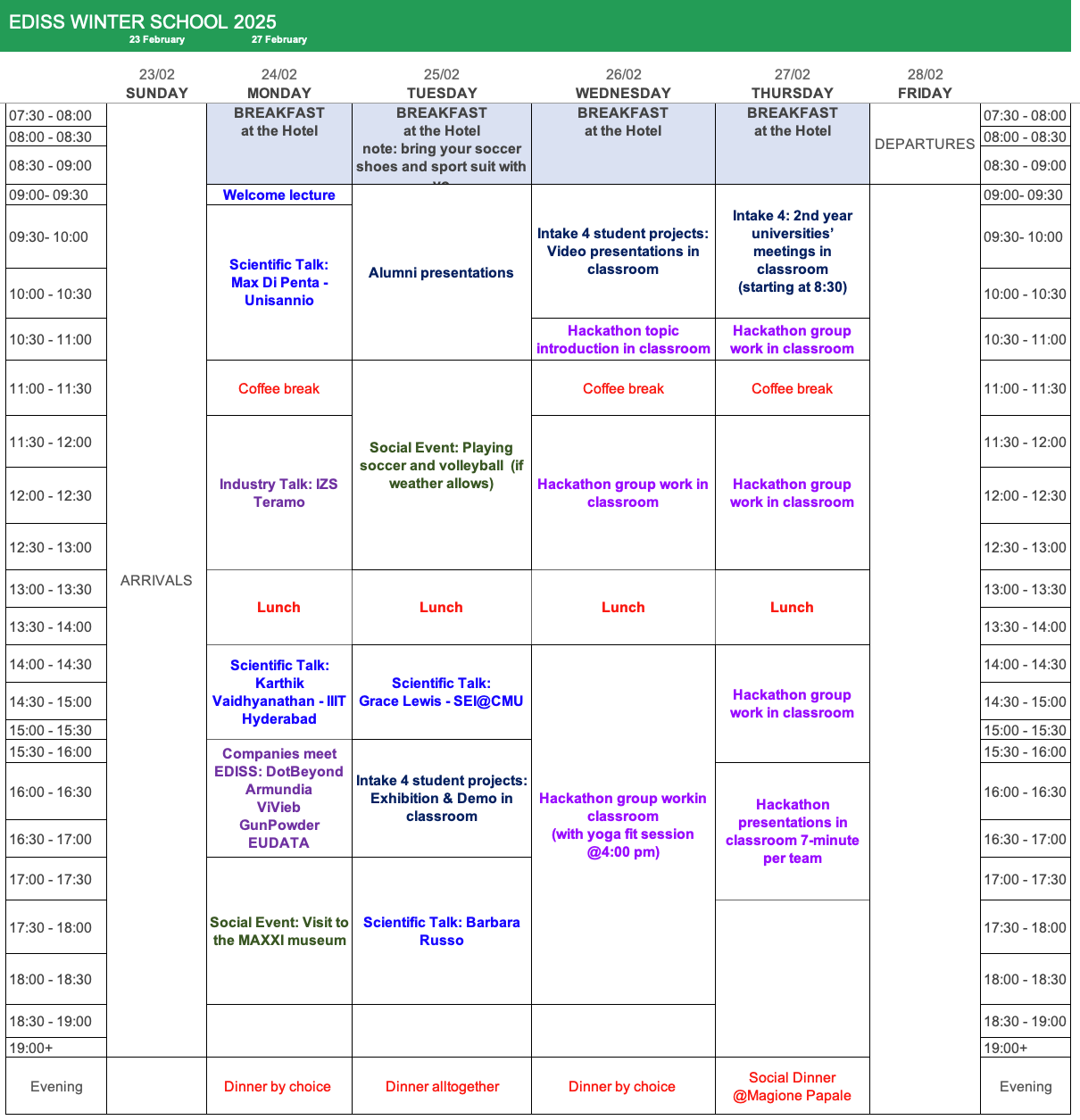Dates: 24-27 February 2025
Place: University of L’Aquila, Italy
The 2025 winter school is organised with the participation of AptarGroup, IZS Teramo, SWEN Research Group, FrameLab and DISIM.
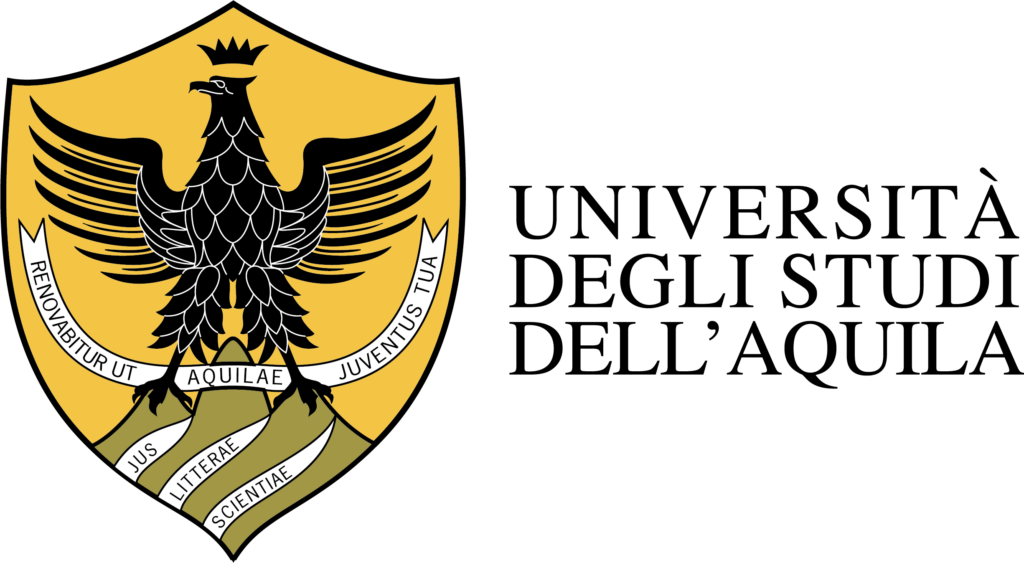
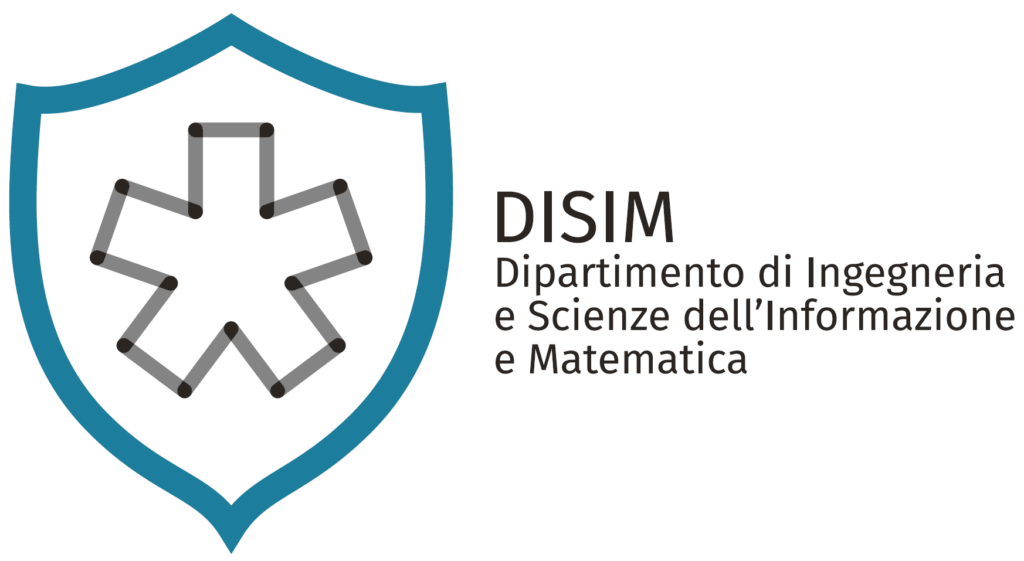
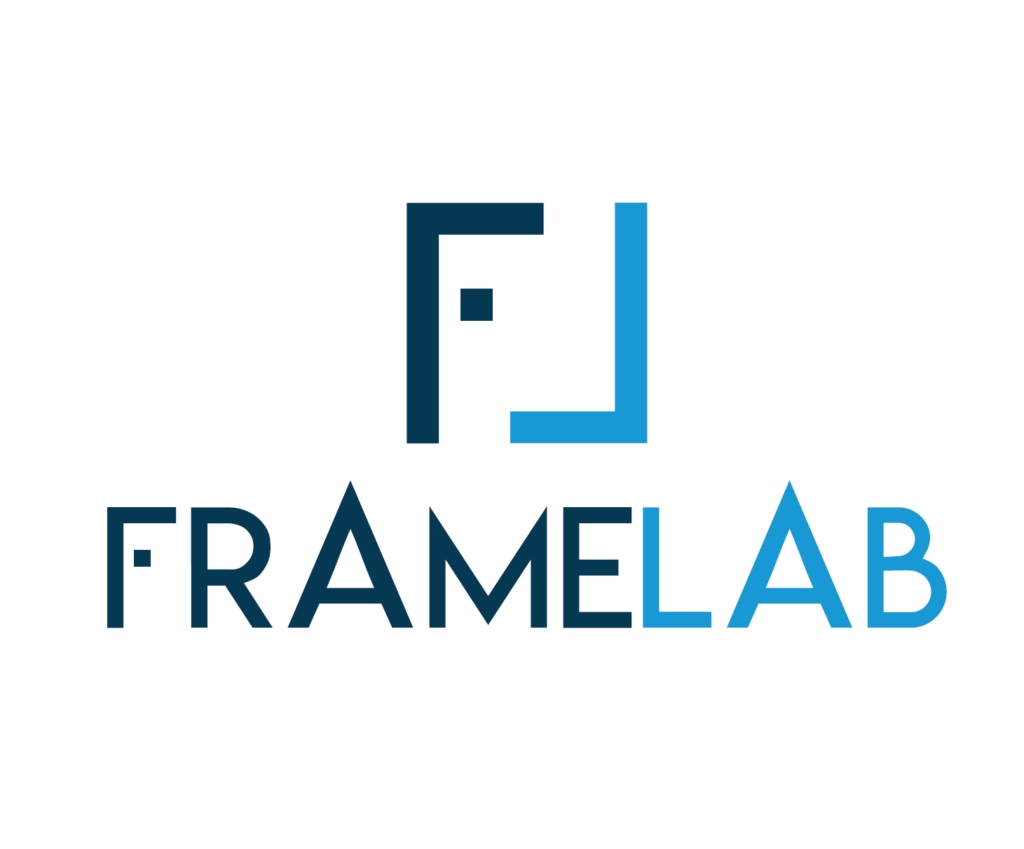
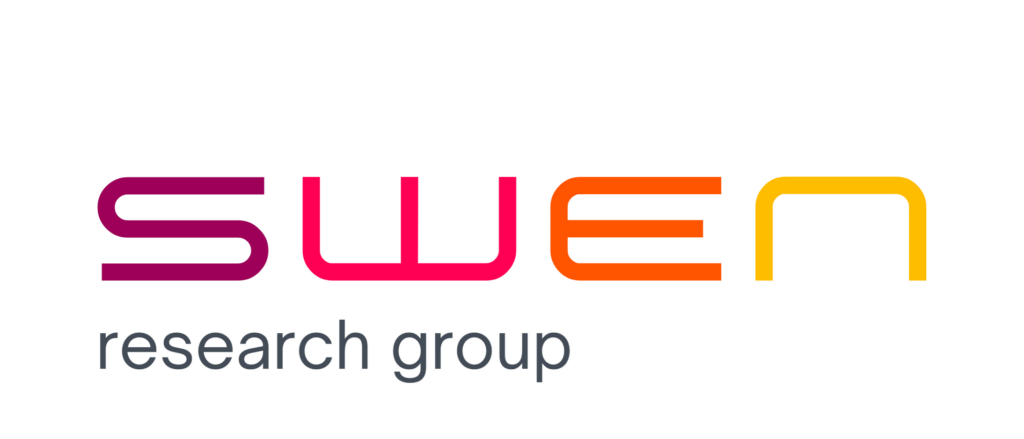
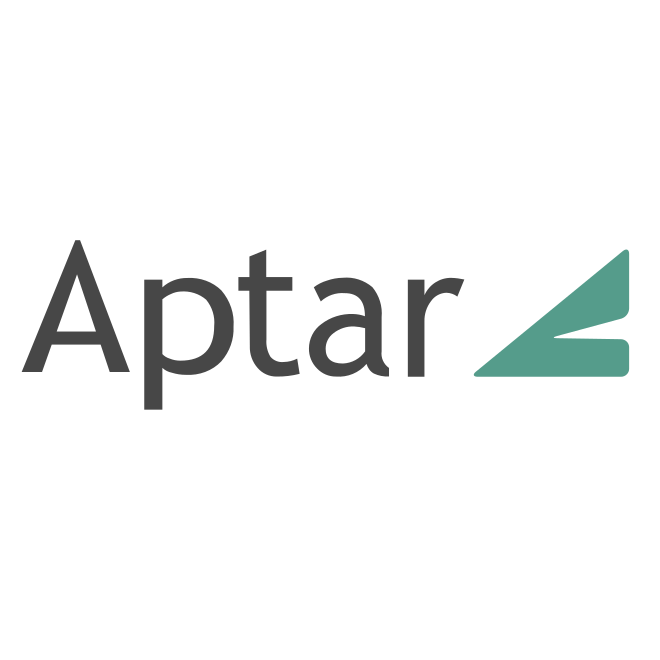
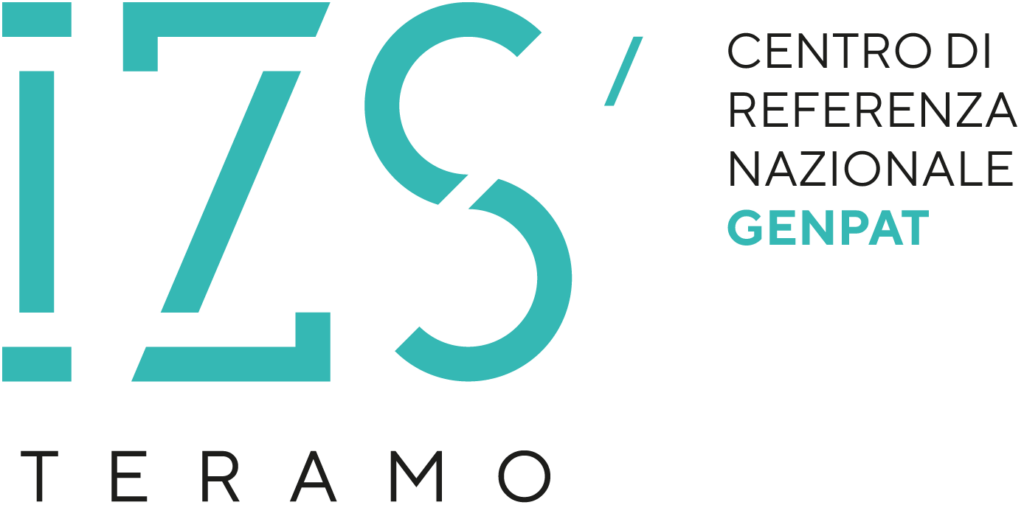
Invited presentations
Mon. 24.02 – 09:30 – 11:00
Prof. Massimiliano Di Penta, University of Sannio
Title: How LLMs support software engineering developers - lessons learned
Abstract: LLMs are becoming a widely adopted technology to support developers in their daily tasks, but they should also be used cautiously. In this lecture, I will report lessons learned and practical suggestions from my software engineering teaching experience and research conducted in this area. The lecture will be composed of three parts. First, I will outline LLM application scenarios in software development, available technology, and challenges developers must tackle when using them. Second, I will report lessons originating from feedback from my students upon applying LLMs in their projects. Finally, I will outline how software design, verification & validation activities must be adapted when developing LLM-based systems.
Bio: Massimiliano Di Penta is a full professor at the University of Sannio, Italy. His research interests include software maintenance and evolution, software analytics, empirical software engineering, and artificial intelligence for software engineering. He is co-author of over 340 papers that appeared in international journals, conferences, and workshops. He serves and has served in the organizing and program committees of more than 120 conferences, including the three most important conferences in the research area of software engineering (ICSE, ESEC/FSE, and ASE). He has been program co-chair of ICSE 2023, ESEC/FSE 2021, ASE 2017 and other software engineering conferences. He is associate editor-in-chief of IEEE Transactions on Software Engineering, co-editor in chief of the Journal of Software: Evolution and Processes edited by Wiley, editorial board member of Empirical Software Engineering Journal edited by Springer. He has served on the editorial board of the ACM Transactions on Software Engineering and Methodology and of the IEEE Transactions on Software Engineering. He is SIGSOFT executive committee vice-chair.
Mon. 24.02 – 11:30 – 13:00
IZS talk – Title: Bio-Informatics and Machine Learning on Whole Genome Sequencing of Micro-Organisms
Mon. 24.02 – 14:00 – 15:30
Dr. Karthik Vaidhyanathan, Software Engineering Research Center, IIIT-Hyderabad
Title: Navigating the Crossroads of GenAI and SE: Insights from Our Research
Abstract: The emergence of GenAI has opened up a lot of possibilities for improving software engineering practices. At the same time, designing, developing, and deploying GenAI-enabled systems presents significant challenges. These dual aspects have led to two broad research directions: GenAI4SE and SE4GenAI. In this talk we explore both the directions with a greater emphasis on GenAI4SE. We begin with an overview of Large Language Models (LLMs) and examine their role in software design through our research on leveraging GenAI for architecture knowledge management. We then explore their impact on software development, focusing on our work in small language models and component generation. Further, we provide insights on LLMs’ capabilities for supporting maintenance through runtime self-adaptation, highlighting our efforts on building Generative AI-powered autonomous CloudOps Copilot in collaboration with our industrial partner. In the SE4GenAI segment, we discuss key challenges the software engineering community must address in building GenAI-enabled systems, drawing insights from our ongoing work on a multi-agent framework for the CloudOps domain.
Bio: Karthik Vaidhyanathan is an Assistant Professor at the Software Engineering Research Center, IIIT-Hyderabad, India, and a member of the leadership team at the Smart City Living Lab. He earned his Ph.D. from the Gran Sasso Science Institute, Italy, and completed a postdoctoral fellowship at the University of L’Aquila, Italy. His research lies at the intersection of Software architecture and AI with a specific focus on building sustainable software systems. His research focuses on how AI can be leveraged to better engineer sustainable and self-adaptive software systems and further how to better define software engineering practices for developing AI-enabled software systems. As a part of his research activities, he serves as a reviewer/organizing committee member in various international workshops, conferences, and journals. An editorial board member of IEEE Software, he also brings over five years of industry experience in designing and deploying AI solutions. More information can be found at: https://karthikvaidhyanathan.com
Tue 25.02 – 14:00 – 15:30
Dr. Grace Lewis, Carnegie Mellon Software Engineering Institute (SEI), IEEE Computer Society President
Title: Testing ML-Enabled Systems
Abstract: Although ML-enabled systems are quickly becoming commonplace, many organizations still struggle to move ML capabilities into production. One cause for this problem is that current practice for testing ML capabilities during development is largely limited to testing model properties, such as model performance (e.g., accuracy), without consideration of system requirements, such as throughput, resource consumption, or robustness. However, because it is also common for model development teams to be separated from software development teams, model developers may not have access to system requirements and therefore fail to adequately address the real-world operational environment. In this lecture we will discuss main challenges in testing ML-enabled systems and several techniques for bringing a software engineering approach to improve testing ML-enabled systems.
Bio: Grace Lewis is a Principal Researcher at the Carnegie Mellon Software Engineering Institute (SEI) where she conducts applied research on how software engineering and software architecture principles, practices and tools need to evolve in the face of emerging technologies. She is the principal investigator for “Continuum: Establishing the Practice of Integrated T&E for ML Capabilities” that is bringing software engineering discipline to test and evaluation of ML capabilities, in addition to other projects that are advancing the state of the practice in software engineering for machine learning (SE4ML). She is also the lead for the Tactical and AI-Enabled Systems (TAS) applied research and development team at the SEI that is creating and transitioning innovative solutions, principles, and best practices for (1) architecting and developing systems to support teams operating at the tactical edge in resource-constrained environments, (2) engineering AI software systems, and (3) using AI/ML at the edge for improved capabilities and mission support. Grace is currently First Vice President of the IEEE Computer Society, Diversity and Inclusion (D&I) Chair of the IEEE Computer Society, and IEEE Computer Society Representative to the AI Coalition Future Directions Committee. She was also recently elected as 2025 President-Elect for the IEEE Computer Society. She holds a B.Sc. in Software Systems Engineering and a Post-Graduate Specialization in Business Administration from Icesi University in Cali, Colombia; a Master in Software Engineering from Carnegie Mellon University; and a Ph.D. in Computer Science from Vrije Universiteit Amsterdam.
Tue. 25.02 – 17:00 – 18:00
Prof. Barbara Russo, Free University of Bozen-Bolzano
Title: Code Generation
Abstract: The talk will overview the state-of-the-art of AI tools for code generations and the challenges that generating code pose. Researchers have understood that the way AI is queried may significantly change the generated solutions. Thus, querying an AI is becoming an engineering art. Prompt engineering focuses then on how to effectively design and query an AI. Thus, the talk will review the current research and open problems on prompt design. The talk will conclude on open problems of generated code, such as locality, hallucination, second order generation and so on.
Bio: Barbara Russo is a Full Professor of Computer Science at the Faculty of Engineering at the Free University of Bozen-Bolzano. She has served as Vice Dean for Research at the Faculty of Computer Science and has coordinated scientific programs for international symposia and doctoral schools. She is currently coordinator of the PhD program in Advanced Systems Engineering of the Faculty of Engineering, Barbara Russo is an Associate Editor for the International Journal of Information and Software Technology (Elsevier) and acts as a reviewer for several high-level journals and conferences in software engineering e.g., ICSE, MSR, EMSE, FSE) journals (TSE, TOSEM, ESE, ASE) in Software Engineering. She founded and has organised the international doctoral school in software engineering in collaboration with the University of Innsbruck for the past 10 years, with the 2023 edition focusing on cybersecurity. She has published 150 articles in international mathematics and computer science journals, which have received over 3500 citations (h index=29). Her expertise lies in software development and maintenance aimed at ensuring systems with high standards of reliability, scalability, performance, and security. In the last four years, prof. Russo’ research specializes in data extraction using Deep Learning techniques to reconstruct system and user behaviour and detect anomalies and code vulnerabilities.
EDISS Alumni Presentations
Tue. 25.02 – 9:00 – 11:00
Sofiia Charnota, Senior Customer Engineer at Valohai
Title: Radiomic Features in Hepatocellular Carcinoma: Stability with regard to the lesion segmentation
Abstract: We will present how variations in segmentation masks affect radiomic feature importance and stability in Hepatocellular Carcinoma (HCC) imaging. By applying spatial transformations such as dilation, translation, and rotation, the study simulates segmentation differences and evaluates their impact on predictive models. Results show that texture-based features gain importance in transformed models, while shape and intensity features are highly sensitive to specific alterations. These findings highlight the need for consistent segmentation practices and robust feature selection methods to ensure reliable clinical outcomes.
Aarohi Garg, Graduate (IT architect) at Nordea
Title: From Medical Imaging to IT Architecture: Technical Work and Personal Insights
Abstract: This presentation covers two distinct yet interconnected technical domains: AI-driven automation in medical imaging and enterprise IT architecture. The first part discusses my thesis project on automatic relabeling of Organs at Risk (OARs) using auto segmentation, focusing on its key takeaways and impact. The second part focuses on IT architecture, exploring various architectural and data models, including business metamodels, capability maps, conceptual data models, and information models. Additionally, it examines the role of architecture in bridging business and technology, different architectural roles such as solution, IT, and enterprise architects, and the importance of governance in enabling business agility. The final segment provides my personal reflections on the two roles, comparing work cultures across corporate environments and lessons learned in navigating professional growth.
Saad Waseem, Data Scientist at Groke Technologies
Title: Mining Maritime Data for Sustainability
Abstract: In this talk, I will share insights and practical experiences from my work as a Data Scientist in the maritime industry, focusing on the interconnected roles of data engineering, analysis, and science in delivering business value and driving sustainable growth. The presentation will be structured into three parts. First, I will discuss techniques for sensor data manipulation, statistical techniques for data analysis, overcoming data limitations and the importance of visualization techniques/platforms for sharing insights. Second, I will highlight challenges that encompass different phases of predictive modeling such as feature engineering, error analysis, model training and evaluation for maritime safety. Finally, I will share lessons from implementing a cloud-based ETL pipeline, detailing the migration from traditional databases to BigQuery using GCP services to support data-driven decision-making for operational efficiency and sustainability.
Sherkhan Azimov, Software Engineer at Unox
Title: Inside the Smart Kitchen: The Architecture of UNOX Ovens
Abstract: In this presentation we will explore the architecture of UNOX’s latest generation ovens, highlighting their integration of IoT, AI-driven automation, and cloud-based connectivity. We will examine the hardware and software stack, including embedded control systems, real-time data processing, and network communication protocols that enable features like remote control, intelligent recipe management, and energy optimization. Key focus areas include Personalized Cooking Profiles, Data-Driven Insights, and Cloud Integration, demonstrating how these components work together to enhance performance, efficiency, and user experience. Attendees will gain insights into the system design, and API interactions.
Winter School program overview
A detailed programme of the 20205 EDISS winter school is available here
